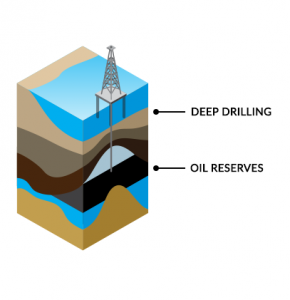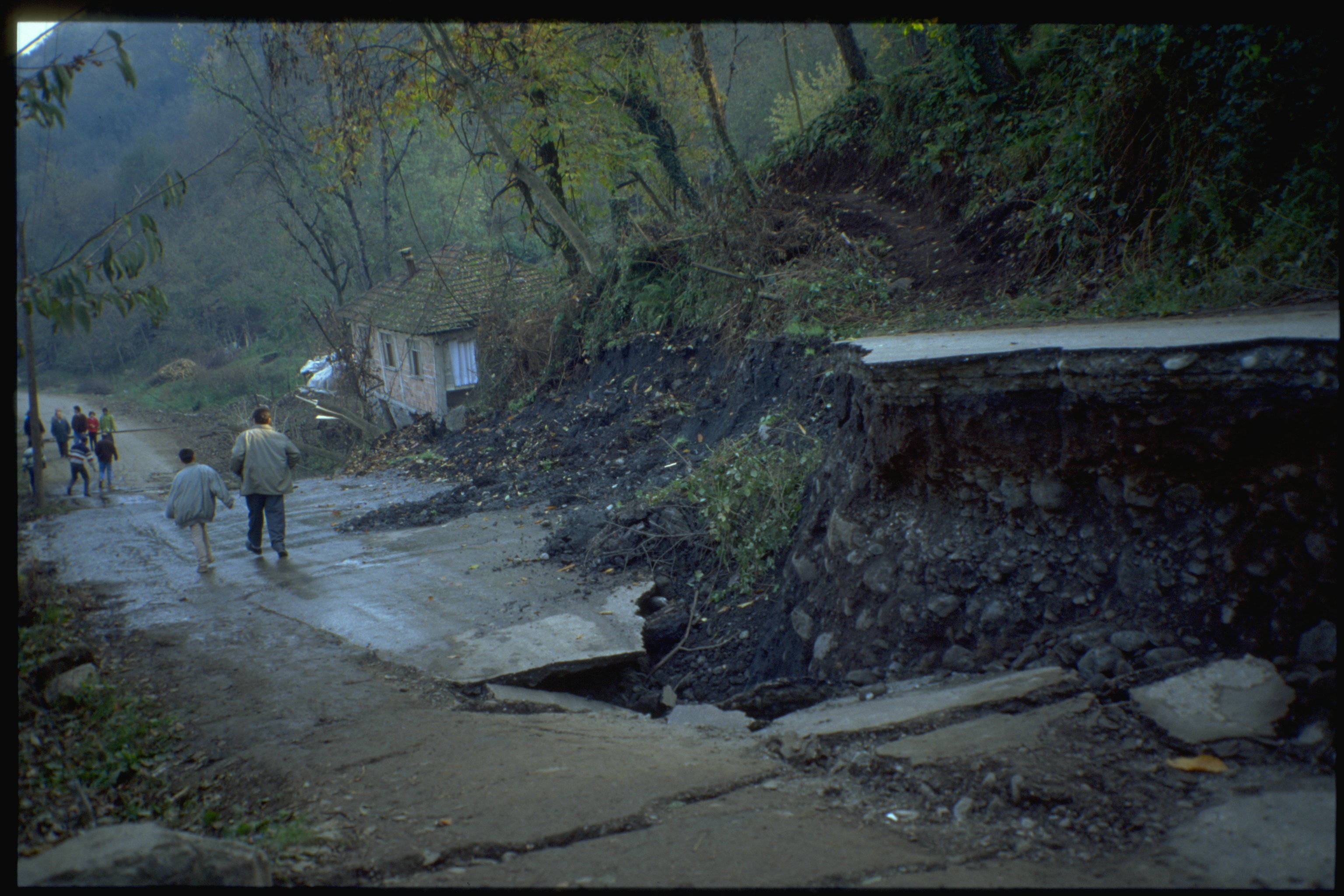All Categories
Featured
Table of Contents
Hydrographic And Geophysical Surveys in Viveash Oz 2020
This work is significantly contracted out, so consultancies supply another source of work. Consultancy companies differ in size, from really small business to large multinationals. Some consultancies are quite specialised in utilizing specific geophysical methods or working in specific areas, while others offer a more diverse series of services to their clients.
The extraction of gas from land fill sites is another area of employment and this might grow in the future. Exploration companies may carry out work for building and construction companies, water companies, mining companies and environmental agencies, so geophysicists might be employed in any of these settings. Other companies include: geological surveysgovernment bodies and agenciesuniversities and research study institutes.


Jobs may be listed in the oil and gas sector press. Recruitment is affected by oil rate changes and the level of competitors for positions differs depending upon this. Professions Days, which cover the complete variety of geoscience professions and are typically participated in by a variety of key market employers, are run by The Geological Society.
What Does A Geoscientist Do? in Wellard Aus 2020
Some of the large oil and gas business use a complete two-year structured training program across the breadth of geophysics, including the chance to experience operate in numerous teams prior to specialising in one location. Your training may include deal with: existing wellsmagnetic and gravitational possible field information analysisresearchrock analysis. It's more typical for your preliminary training to be supplied on the job.

There might be a probationary duration during which you work alongside a knowledgeable coworker. Competency-based appraisals occur frequently in many companies. In smaller sized firms, and for academic posts, there is unlikely to be any official training - you'll be expected to begin work straightaway and get abilities as you go along.
If you work for a smaller sized company, you might find that you require to take duty for organizing and funding your own development and training. If you have a geology degree, membership of The Geological Society can be helpful for networking and for keeping up to date with the market.
Geophysical Survey in Calista Oz 2022
You may also discover it helpful to join the PESGB (The Petroleum Exploration Society of Great Britain, which has a geophysics unique interest group. After a probationary period, and when you have actually gotten some experience, you could progress to senior geophysicist, then team leader and then into a senior role in management.
The ease of motion in between functions depends upon the business structure. Research study at Masters or Ph, D level in a subject related to geophysics or geosciences may assist with your profession development and progression. The work market within the oil and gas market is extremely based on rate and this may affect your opportunities for profession development.
Not all tasks are dependent on the oil and gas markets. For knowledgeable geophysicists, freelance consultancy provides a great path for career advancement. You can likewise specialise in a particular area of geophysics. As a geophysicist, you're likely to have several jobs throughout your working life. Global movement is crucial for dealing with peaks and troughs in different countries at different times.
Geophysicist in Subiaco Western Australia 2020
From geophysics, it's possible to concentrate on seismology (completing more training to become a seismic interpreter) or to move into related areas such as engineering geology or hazard prediction.
Deciding what to study in college is a hard option. Even if you know that your field of interest depends on science, what program of research study is right for you? If you make the choice to major in physical and biological sciences and pursue a career as a geophysicist, you're getting ready for an interesting and profitable occupation.
The very first action to attaining your goal of ending up being a geophysicist is making a degree. Even for entry-level positions in the field of geoscience, you'll require a bachelor's degree (a geophysicist college degree) from a recognized college or university. Some research positions require prospects to hold master's degrees and even Ph.
Geophysical Survey Next Step In Carbon Storage Study in Koongamia Aus 2022
Doctoral degrees are specifically essential if you prepare to teach at a four-year organization. Geophysicists use physics concepts and techniques to study the gravitational, magnetic, and electrical fields of the earth. This enhances scientists' understanding of both the planet's interior core and its surface. Geophysicists should have the ability to: evaluate rocks, photos, and other pieces of information conduct research study both in the field and in laboratories produce maps and charts of their findings compose reports To accomplish all this, trainees require a specialized education for geophysicist careers.
As stated above, you'll need a bachelor's degree in geoscience or a related discipline, such as a physical science or a life sciences, to land an entry-level task. Students can also prepare by majoring in topics like: Biology Chemistry Computer system science Engineering Mathematics Physics The above geophysicist majors use a more generalized technique to a single clinical discipline, but the majority of programs require students to take one or more geology course.
Latest Posts
Geological And Geophysical Surveys in Mullaloo Western Australia 2023
Geophysical Surveys & Mapping - Ecs Limited in Rockingham WA 2020
Marine Geophysicist in Iluka Aus 2020